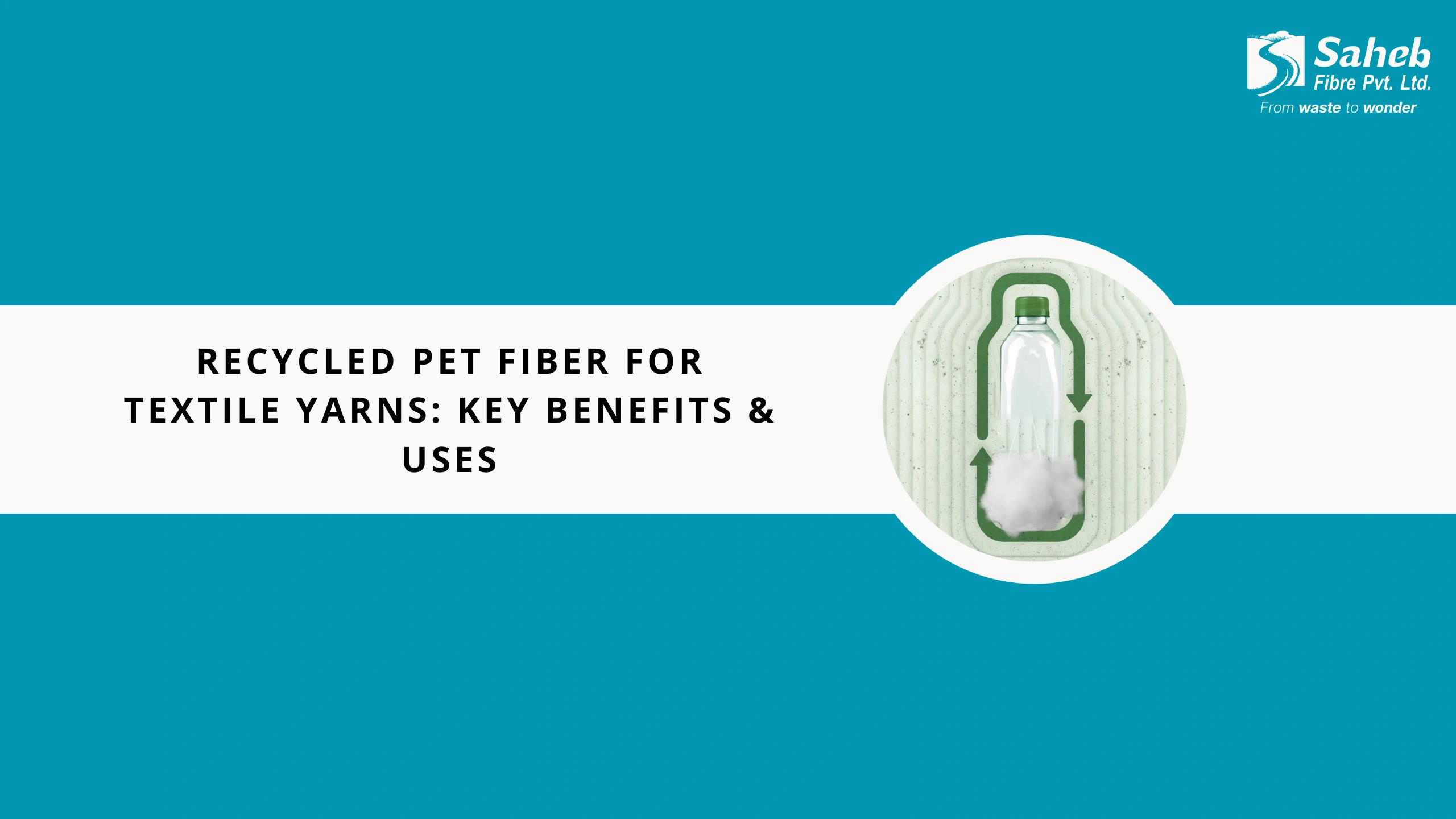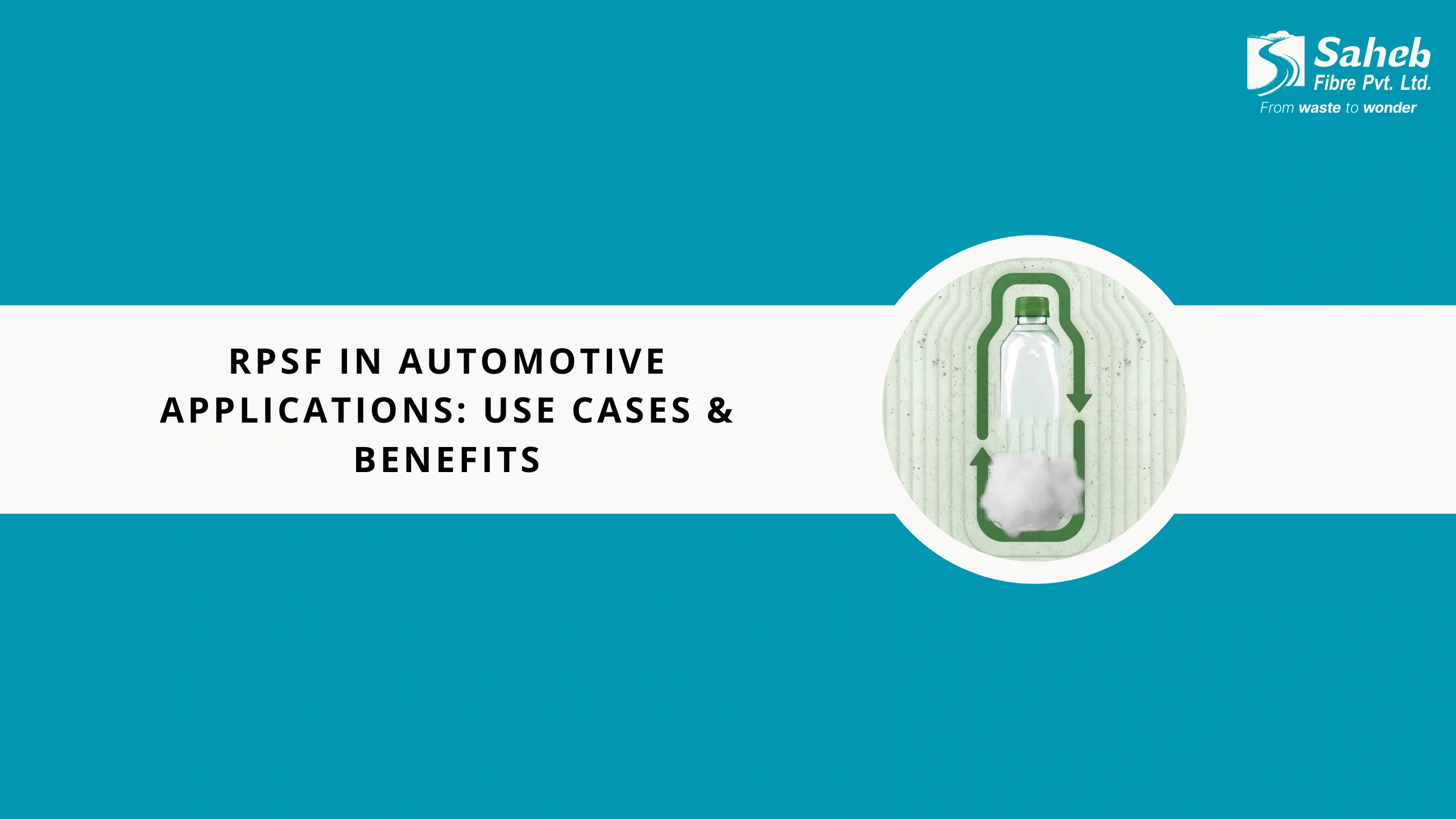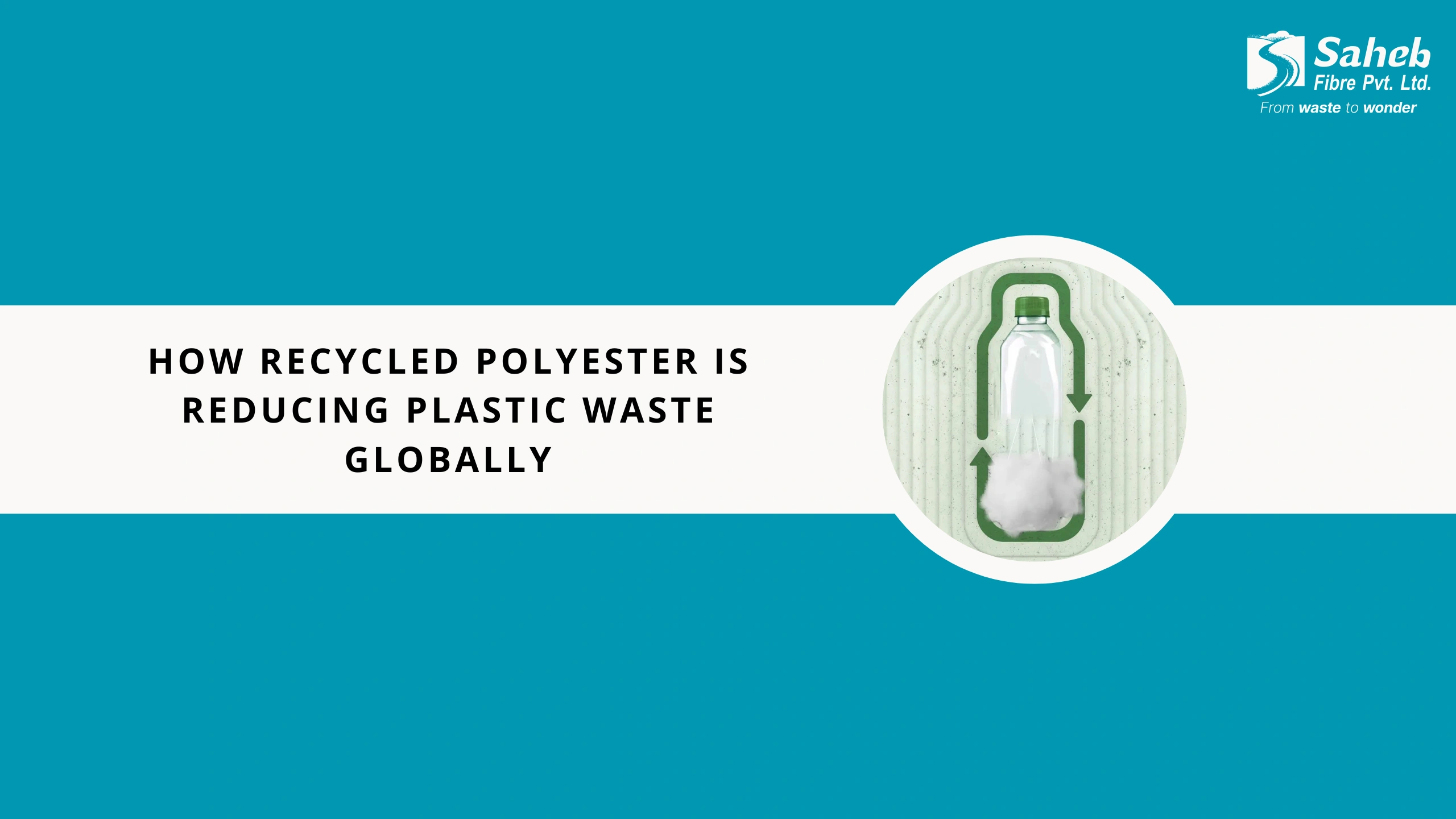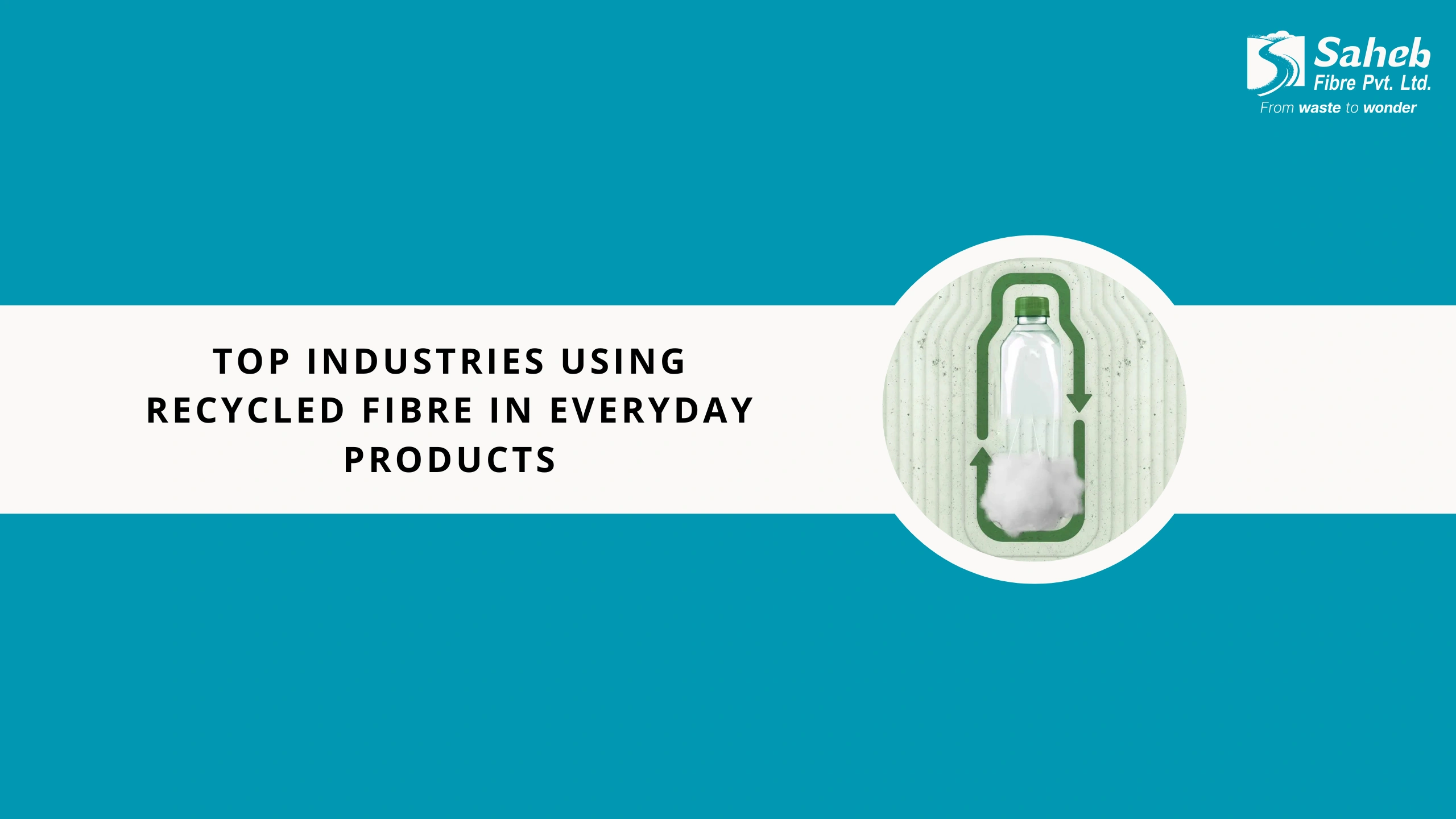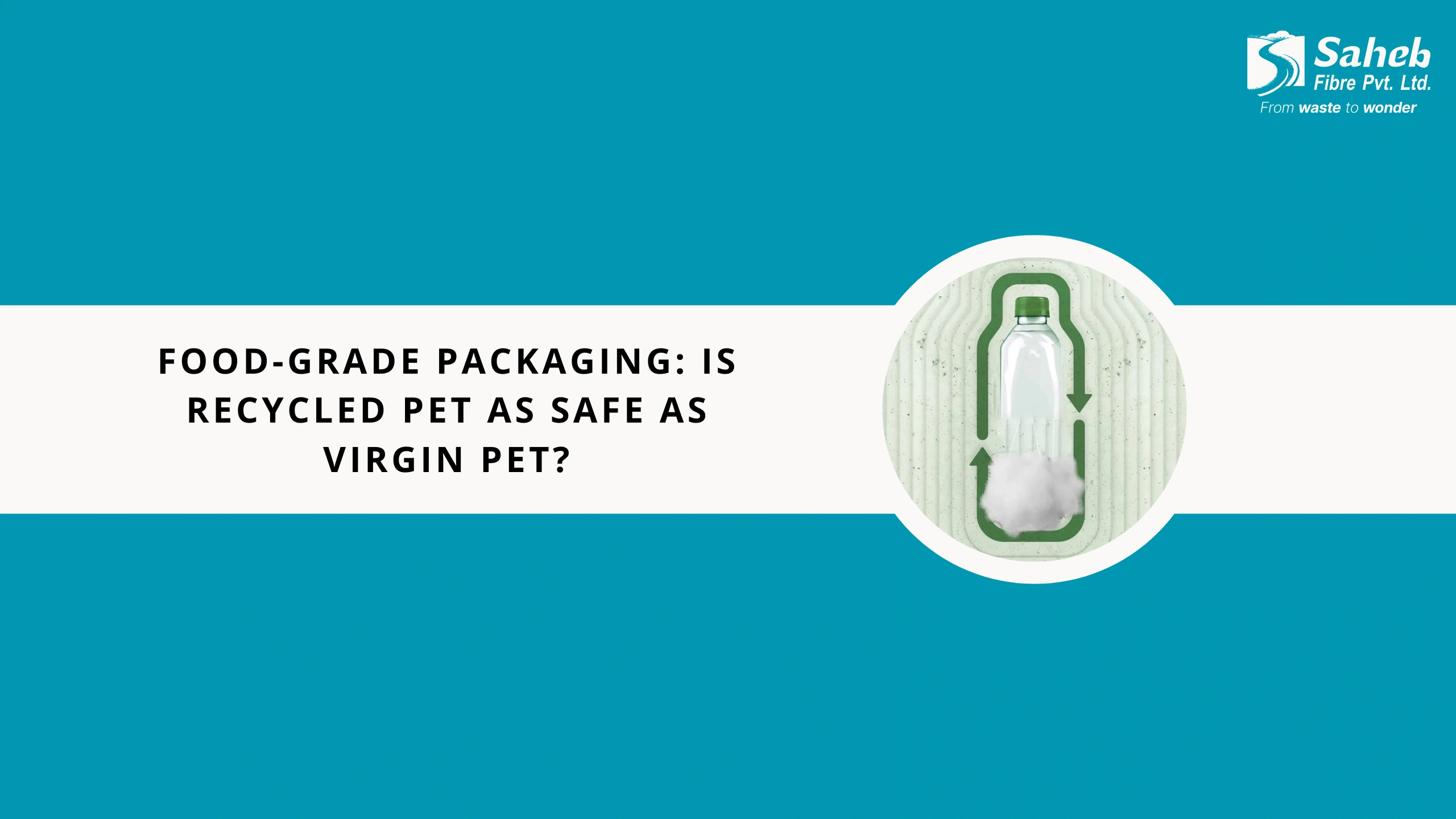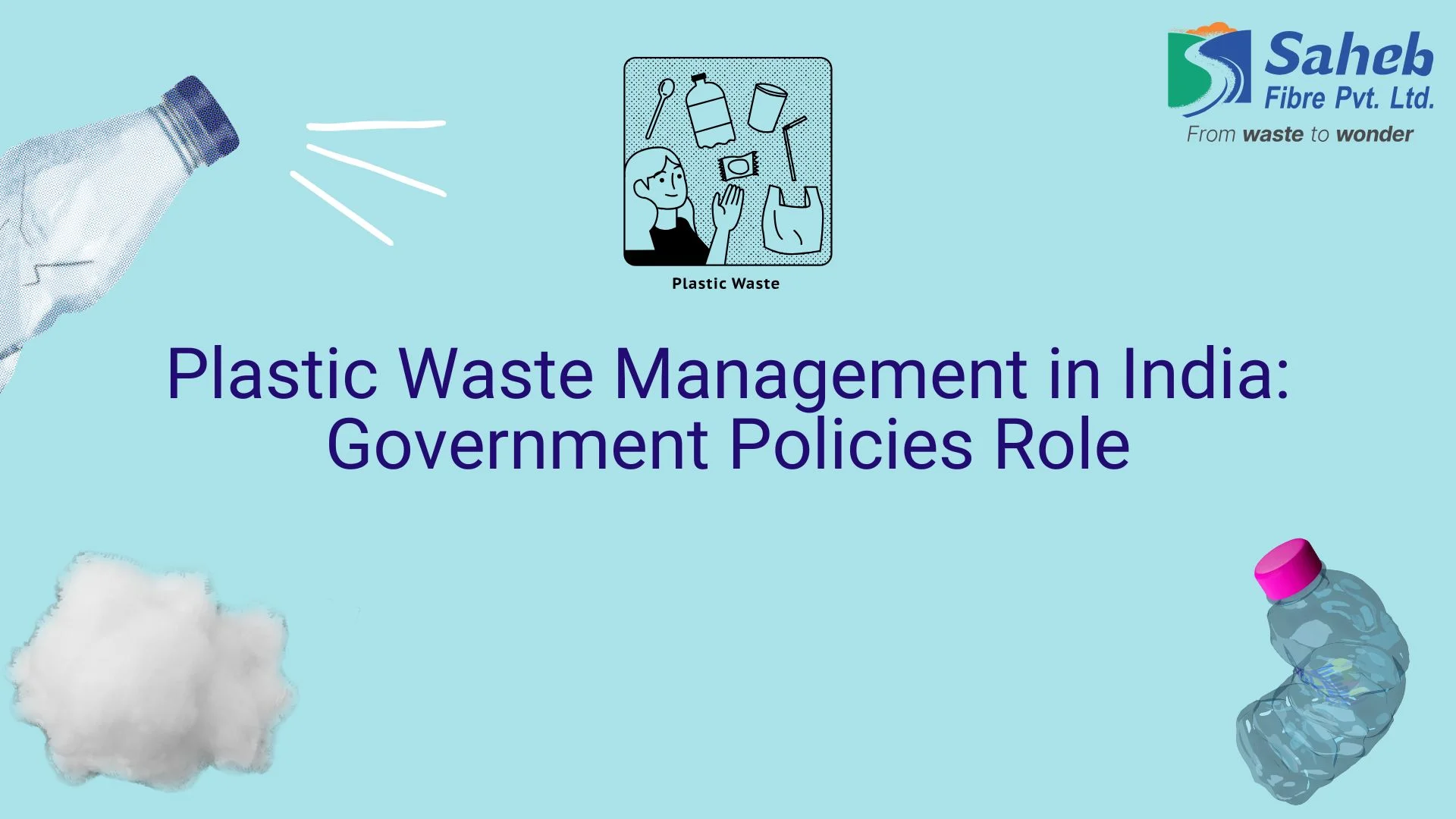
Introduction to Plastic Waste Management
Plastic waste is an ever-growing concern, especially in a country as diverse and populous as India. Plastic waste management has never been more urgent: Although vibrant markets overflow with products wrapped in plastic and communities wrestle with disposal, efforts to reduce plastic waste proliferation in communities are virtually non-existent. It's not a stretch to imagine millions of tons of plastic waste finding its way into a landfill or our oceans each year and harming our wildlife and our health.
The news is not all bad, however; there’s still hope. This is an issue for which the Indian government is taking the step by implementing several policies and measures to curb plastic usage and enhance recycling possibilities. Awareness about the effect of plastic waste is spreading as people become aware of their own impact and realize they can't manage this problem by themselves – it needs to be addressed through collective action by authorities, individuals and businesses.
In this blog, we share where we are with plastic waste management in India, explore how the government is trying to combat this crisis, show where it’s still struggling and recount stories of success at the community level across India that are inspiring change.
The Current State of Plastic Waste in India
Plastic waste is a huge challenge for the nation of India. Plastic consumption has raised an alarming rate because of the rapid growth of population and urbanization.
Today, about 3.5 million tons of plastic waste are produced per year. A large amount is channeled into landfills or water bodies, which further adds to environmental problems.
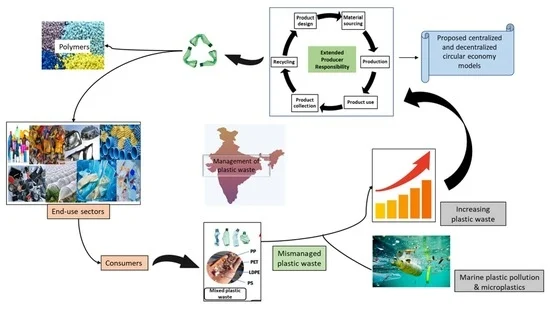
So most of the cities are fighting with their poor waste management system. Few residents know how to dispose of it the right way. It makes recycling or reprocessing plastic effectively complicated.
Microplastics have infiltrated eco systems and the food chain too. These harmful particles unintentionally get in the stomachs of animals, affecting wildlife.
Though progress has been made regarding treatment and research, the present condition is still critical. This growing crisis in health and the environment calls for timely action.
Government Policies and Initiatives for Plastic Waste Management in India
Plastic waste poses an environmental challenge, which India has been taking proactively. This growing worry about pollution as a health and ecosystem threat has forced governments to propose policies and reforms as well as public initiatives, to manage plastic waste sustainably. And here I break down the key efforts.
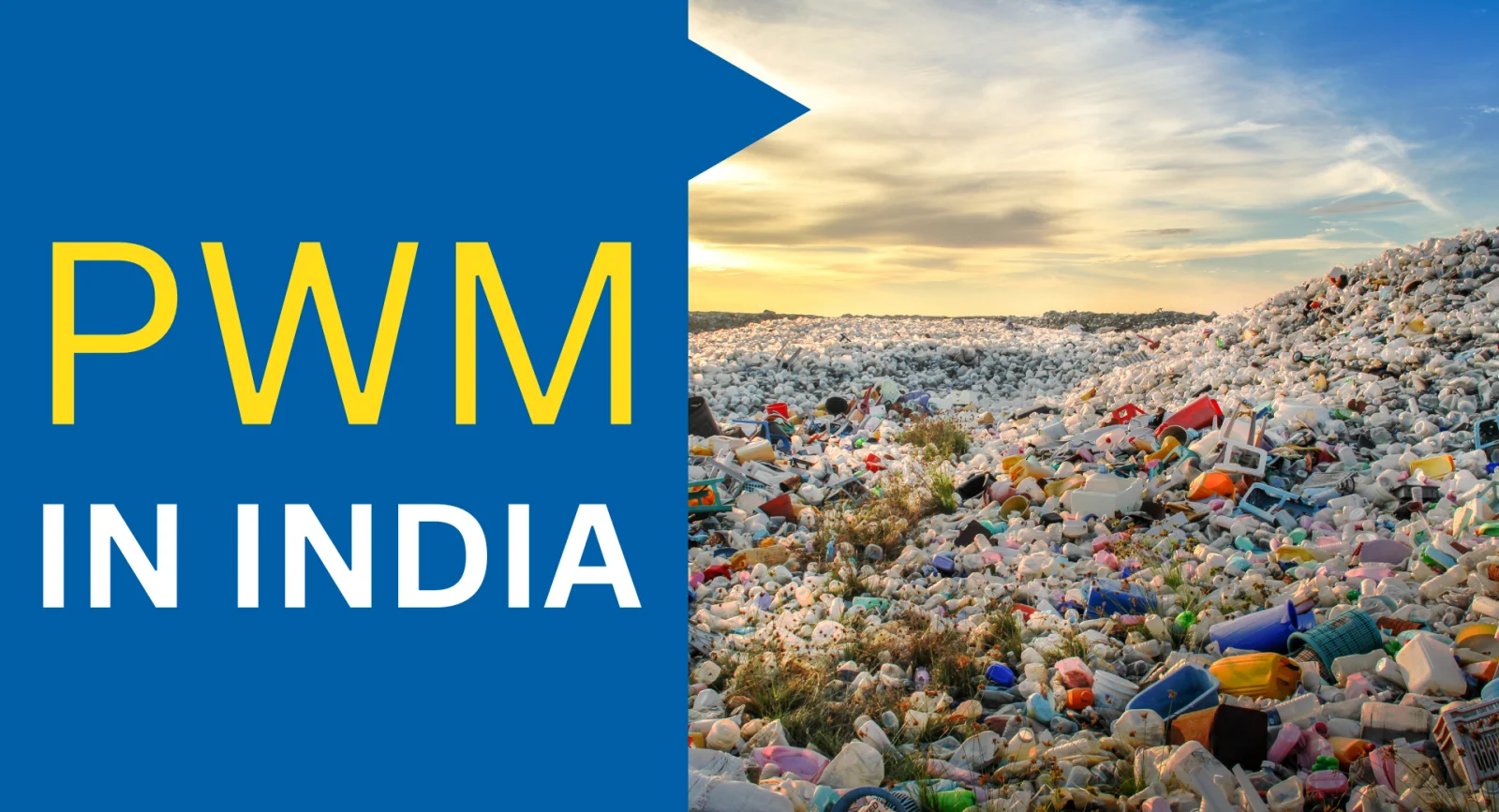
1. Plastic Waste Management Rules (Revised 2021)
India’s regulatory framework is built on the Plastic Waste Management Rules, 2016, which were revised in 2021. The new focus of Extended Producer Responsibility (EPR) is one of the most important updates in the Sustainable Development Goals.
-
According to EPR, the manufacturers, importers and brand owners are legally obliged to collect, recycle and dispose of plastic waste resulting from their products.
-
Included in this are items such as PET plastic bottles which are commonly used in the packaging of beverages as well as water. Now we are back and the producers are now responsible for collecting and recycling these bottles, helping them reduce the load on our landfills and natural ecosystems.
2. Ban on Single-Use Plastics
Many States and provinces have imposed bans on single-use plastics like straws, polythene bags and disposable cutlery to cut down plastic pollution at the source.
-
Such materials are controlled by local authorities through restriction, penalty and compliance measures.
-
Indirectly, this policy also dictates plastic bottle waste as it urges the use of recyclable and refillable alternatives.
3. Swachh Bharat Abhiyan (Clean India Mission)
The nationwide campaign for cleanliness to increase waste reduction was launched in 2014 called the Swachh Bharat Abhiyan.
-
The mission is to maximize citizens and institutions in responsible plastic usage.
-
This initiative is promoting collection drives, segregation from source and plastic bottle collection points to develop grassroots recycling habits.
4. Plastic Waste Management Task Force
This multi-stakeholder task force is an innovative step bringing together:
-
Government departments
-
Environmental NGOs
-
Corporate partners in packaging and recycling
The objective is to establish unified solutions for high-volume plastic waste such as PET bottles. Task force devoted to building recycling infrastructure, R&D and increasing plastic circularity in India.
5. Public Awareness & Education Campaigns
Effective waste management relies not just on regulation, but also on community involvement.
-
Still, to educate the public that plastic is environmentally dangerous, of proper segregation and recycling items, the government runs educational campaigns for that matter in partnership with private stakeholders.
-
The message is being spread across school programs, media ads and digital platforms.
Challenges Faced by the Government in Implementing Effective Solutions
Plastic waste management is a huge problem for the Indian government. A major hurdle is the sheer volume of plastic produced and consumed daily.. India, which has a population of more than 1.4 billion, produces millions of tons of plastic waste annually.
One critical issue is enforcement. There are regulations, but enforcement is different in every state or municipality. Bans are often diffuse and lack the resources or manpower to enforce them effectively, local authorities say.
A challenge is created by this in terms of public awareness. However, many citizens are not aware of the environmental impact of plastic pollution or of how plastic must be disposed of properly.
In many places infrastructure is lacking for the collection and recycling of waste, as well. While recycling facilities are having trouble keeping up to demand, landfills are being filled to the brim.
The coordination between various government agency can be inconsistent and thus efforts to address this grave crisis is fragmented and diluted.
Role of Citizens and Businesses in Managing Plastic Waste
Plastic waste management is the citizens’ responsibility. If you make good choices every day, things will be good. When single use plastics are reduced, a ton of contributions can be made to the environment.
Community clean up drives help residents to become aware and responsible. At local levels the changes become more visible when citizens advocate for sustainable practices.
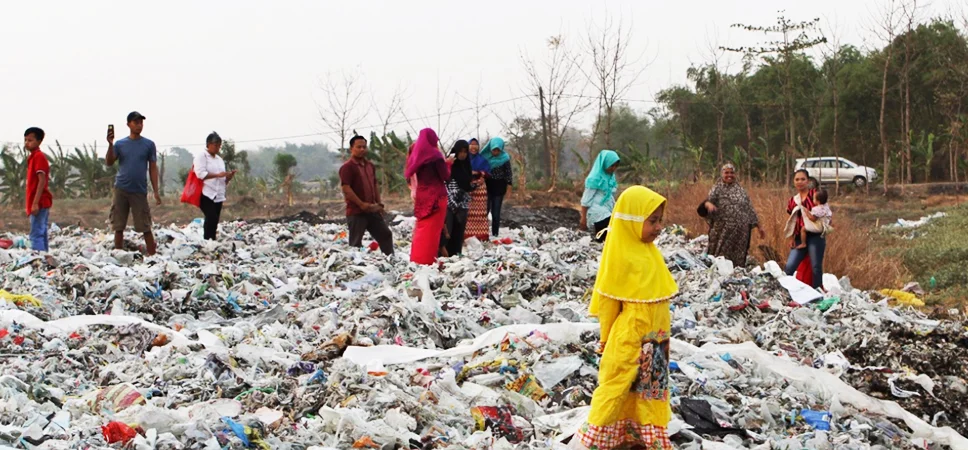
There is an essential part to play for businesses too. Eco friendly packaging companies are committed to sustainability. Other methods that are being innovated use biodegradable materials or recycling programs.
Collaboration between businesses and communities make the efforts more loud. By partnering, educational initiatives can be implemented to educate the public on how waste should be disposed of.
The combination of informed consumers and socially responsible companies can impact change in managing plastic waste effectively across the land mass of the entirety of India.
Success Stories of Plastic Waste Management in India
Pioneering work has been carried out across India in plastic waste management, including successful grassroots innovation. A great example is that of the city of Indore, which was granted the title of India’s cleanest city, with a solid segregation and recycling program in place. Residents actively join in sorting waste, reducing the contribution to the landfill significantly.
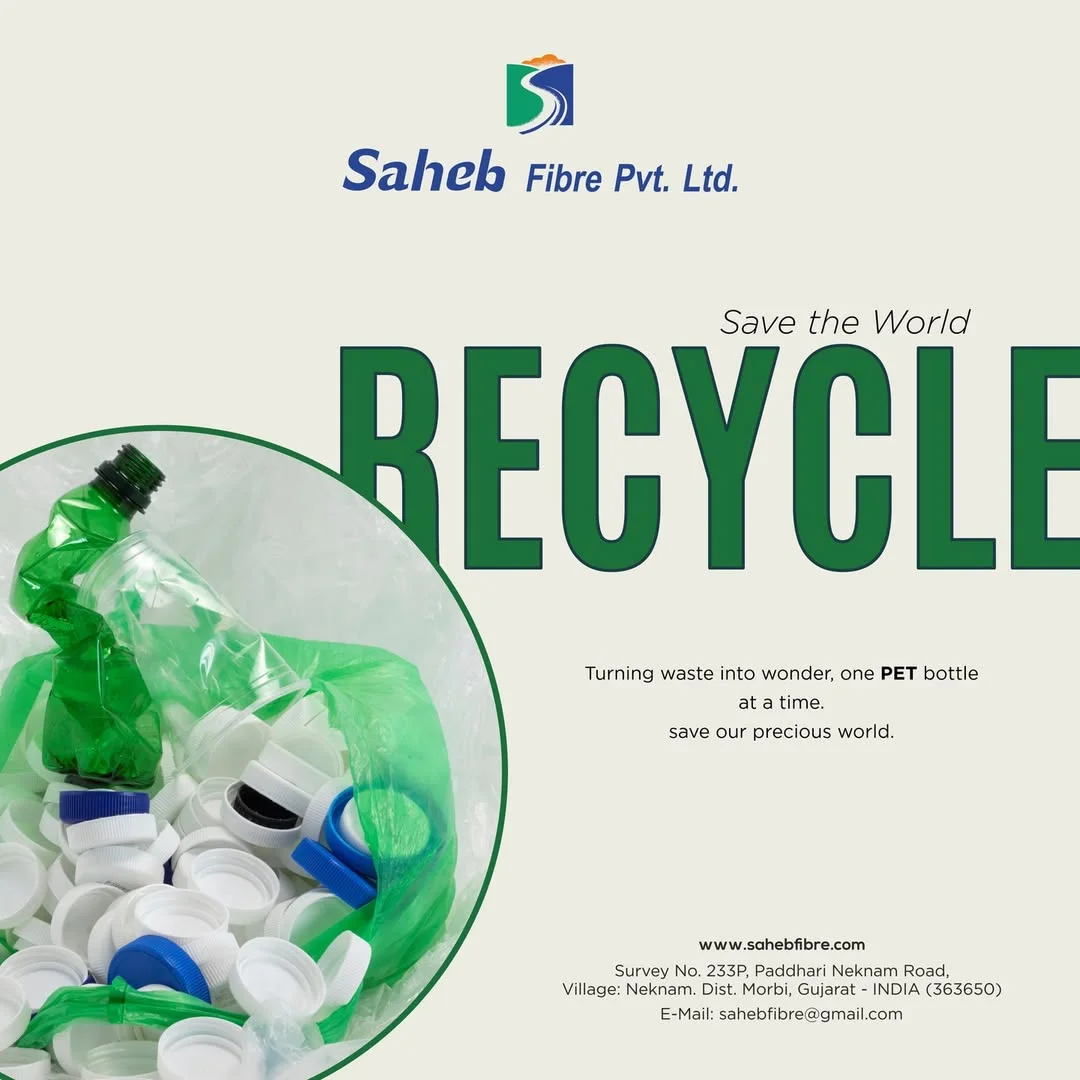
Another project that has caught our eye is the one being taken up by Bengaluru based organizations, that are upcycling plastic waste into construction materials. It not only helps solve the problem of plastics polluting our waters, but also creates a new market for people to work and a new way to build sustainably.
It may come as a surprise that fishermen in areas like Kerala are champions of the environment and hence pick up ocean-bound plastics during fishing because of its lucrative current value. Some use their efforts to help keep beaches clean and to raise community awareness around marine conservation.
These stories were an excellent repository of inspiration on how creativity and collaboration can give birth to tangible change in handling of plastic waste across different parts of India.
Driving Circular Economy: Saheb Fibre’s Role in Plastic Waste Management
India is making great strides in recycling PET bottles into textiles (RPSF – Recycled Polyester Staple Fiber), packaging and other value added products in the growing plastics circularity space. Beyond the reduction in virgin plastics dependency, these are also jobs-creating and industrial innovation steps into the recycling sector.
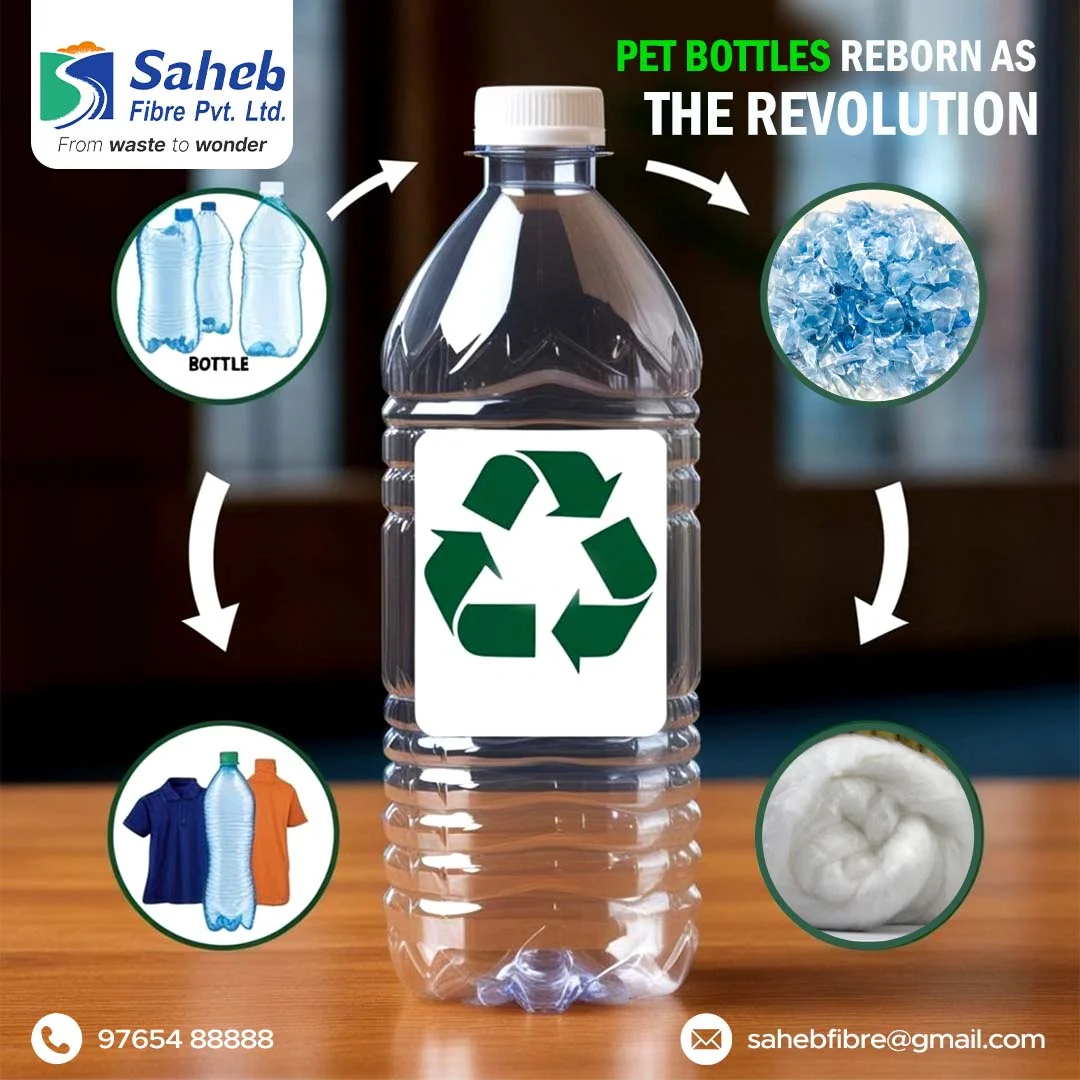
Saheb Fibre is one of the key contributors to this movement, a manufacturer and supplier of RPSF, PET flakes, and colored RPSF. Saheb Fibre efficiently recycles post-consumer plastic bottle waste into high-quality recycled fibers & flakes useful for plastic waste management. They contribute to closing the loop in the plastic lifecycle thanks to their sustainable manufacturing practices, which stand for both environmental conservation and a circular economy in India.
Best Quality Recycled PET Fibre
Conclusion: Moving Towards a Sustainable Future for India's Plastic Waste Problem
The road to effective plastic waste management in India is complicated, but necessary. The challenge of managing plastic waste has become critical as a result of rapid urbanisation and a burgeoning population. The country has made progress in its government's policies, but there are several blocks that need to be urgently overcome.
This ecosystem is essential to citizens and businesses. Not only will they come up with innovative solutions, but corporations can also learn to practice with a minimum plastic footprint. All these efforts together can bring in huge changes.
Several success stories within India serve as examples for others to follow. Initiatives led by local governments or NGOs demonstrate what is achievable through collaboration and commitment. These inspiring tales reflect hope and possibility amid adversity.
It is a collective effort that all stakeholders need to be involved; government bodies, communities, individuals and industries in transitioning towards more environmentally friendly plastic waste handling practices. Making India more environmentally conscious and better for future generations means embracing clean innovation. Every step we take today builds the foundation to attain our sustainability goals tomorrow; it’s time to act desperately on this leading issue in our society.
